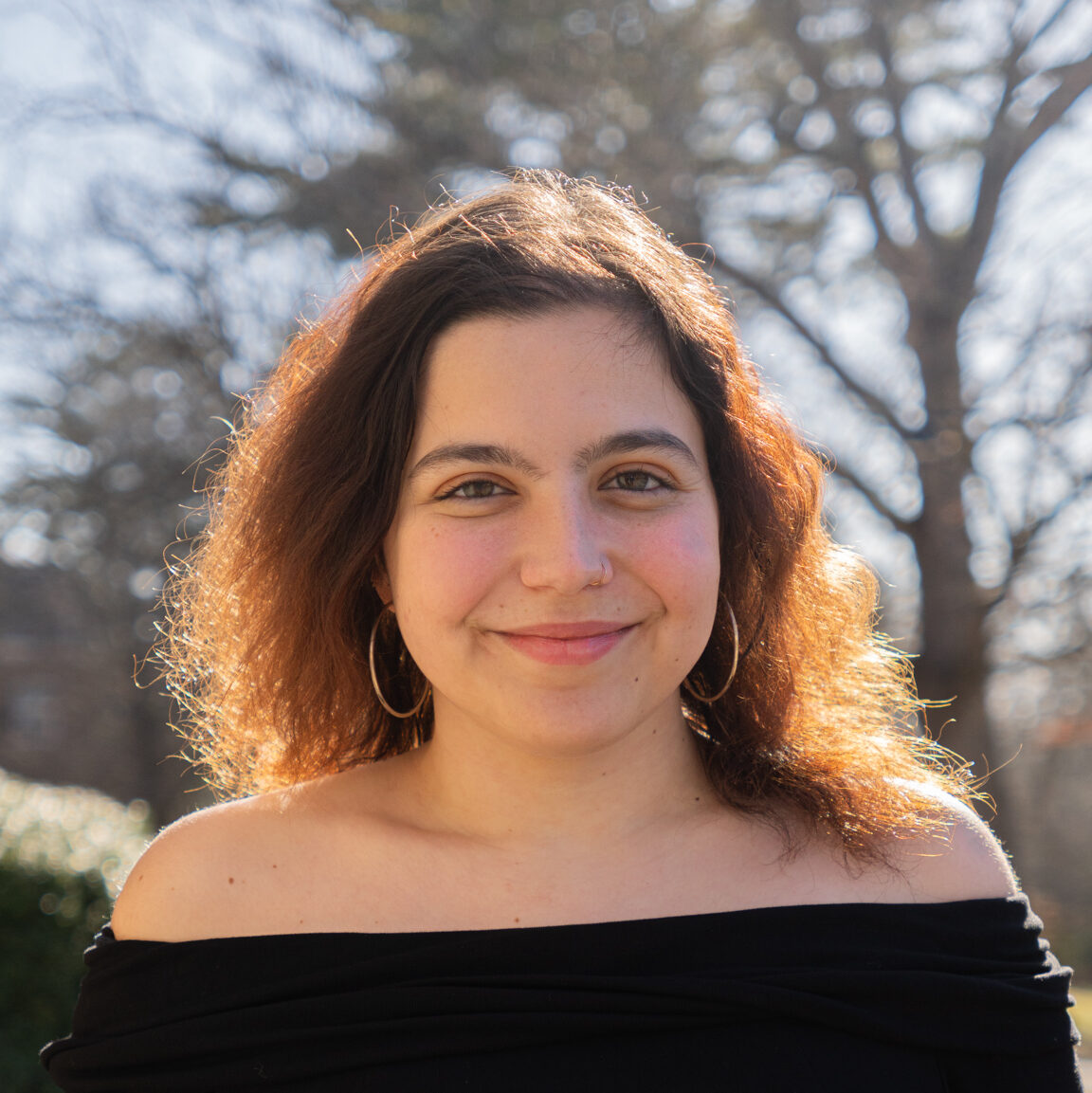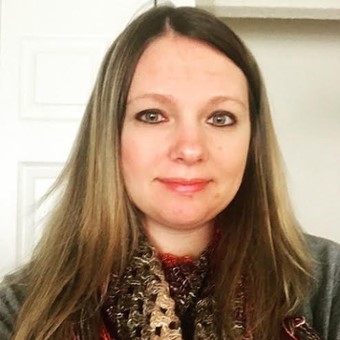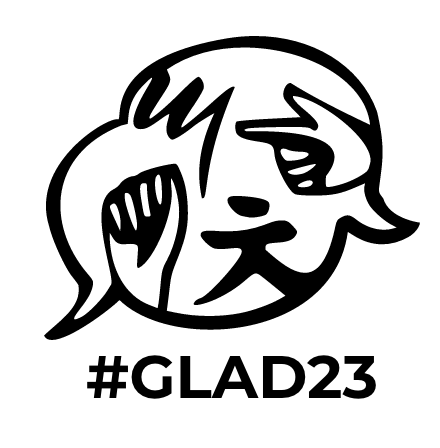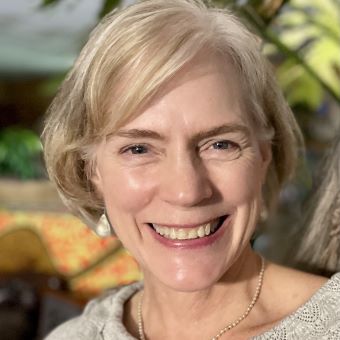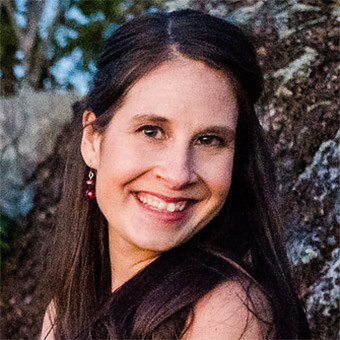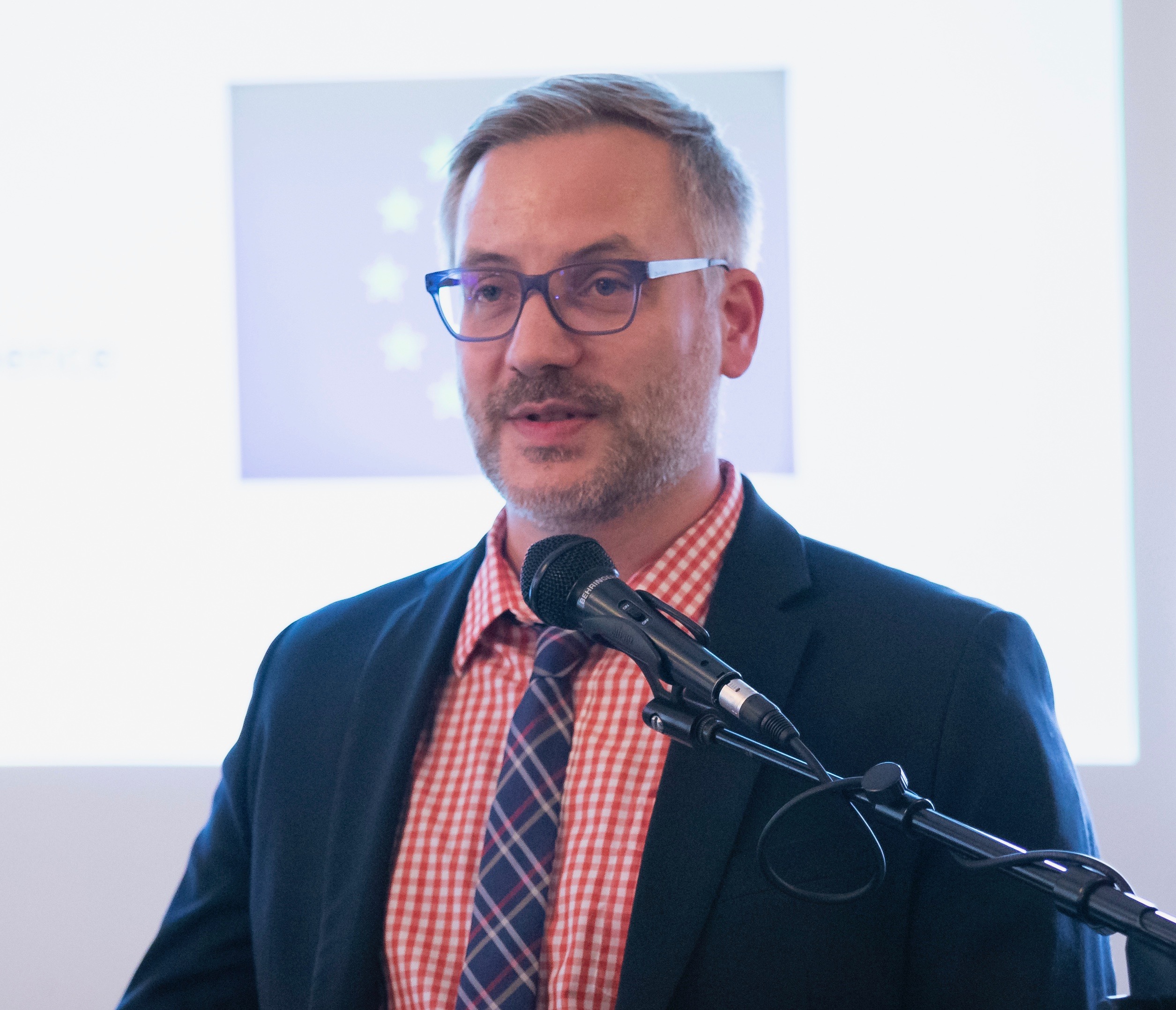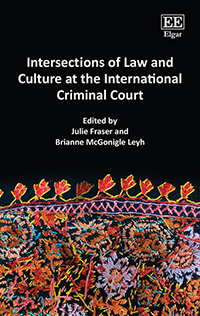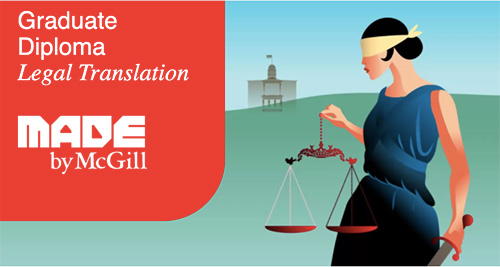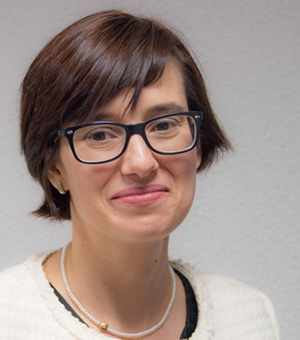Area of Interest: Interpretation/translation
-
April 2025: Resisting Russian Colonialism: The Ukrainian Avant-Garde of 1920s Odesa
This month’s Spotlight comes from Hub member Ian Ross Singleton, a teacher of Writing and Critical Inquiry at the State University of New York-Albany. Ian provides us a historical picture of dynamic Ukrainian writing in the post-Revolutionary period, explaining how Russian domination, both linguistic and cultural, was resisted and unique Ukrainian forms were pioneered. These…
-
August 2024: The Bridge as a Cultural Confluence: Interpreting Language and Justice in Kakuma Refugee Camp
This month’s Spotlight was prepared by Ifigeneia Gianne, an undergraduate student at Bard College who is majoring in Anthropology and Theater. As an international student from Greece, Ifigeneia is no stranger to issues of language and culture. As part of her studies, she has had the opportunity to closely analyze a recent film that introduces…
-
March 2024: Linguistic Labor and Language Access in U.S. Schools
This month’s Spotlight is contributed by Hub member Molly Hamm-Rodríguez, Assistant Professor of Social Foundations of Education at the University of South Florida. In 2015, the U.S. Department of Education Office for Civil Rights and U.S. Department of Justice Civil Rights Division issued a “Dear Colleague” letter to address public schools’ responsibilities to ensure the…
-
May 2023: “The Importance of Legal Metaphor”
This month’s Spotlight is contributed by Hub member Miguel Ángel Campos Pardillos, Senior Lecturer in English Linguistics at the University of Alicante, Spain. His teaching involves mainly Legal English and English-Spanish Translation, mostly at a postgraduate level, where he has supervised a number of PhD dissertations related to translation and languages for specific purposes. He…
-
March 2023: ‘#GLAD23 offers diverse perspectives on the importance of language rights’
This month’s Spotlight provides a brief overview of the recently concluded Global Language Advocacy Day 2023 (#GLAD23), organized by the Global Coalition for Language Rights. This year’s GLAD theme was Language Rights Save Lives. The Coalition works at the intersection of language, digital and human rights. Its aims are: · To support global efforts towards increasing access to critical…
-
December 2022: “What does English-language dominance mean for the field of international law and justice?”
This month’s Spotlight comes from Language, Culture and Justice Hub director Leigh Swigart. She brings us her reflections, along with those of other scholars, about the impacts of having a single language dominate a field that purports to both reflect and serve a global population characterized by enormous linguistic diversity. It cannot be denied that…
-
October 2022: “The Global Coalition for Language Rights”
This month’s feature is contributed by the co-chairs of the Global Coalition for Language Rights, Lucio Bagnulo, Veronica Costea, and Gerald Roche. They introduce our readers to an exciting and much needed initiative. The early period of the covid pandemic was a strange time of simultaneous isolation and connectivity, as we all bunkered down at…
-
September 2022: “Interpretation at the Asylum Office”
This month’s feature is contributed by LCJ Hub member Hillary Mellinger, an Assistant Professorof Criminal Justice and Criminology at Washington State University. Hillary’s research focuses on language access within the U.S. immigration and criminal justice systems, the challenges that asylum applicants and attorneys encounter at the U.S. Asylum Office, and the criminalization of migration. Prior…
-
April 2022: “The Language(s) of Politics: Multilingual Policy-Making in the European Union”
This month’s feature is contributed by Nils Ringe (Brandeis class of 2001), Professor of Political Science and Director of the Jean Monnet EU Center of Excellence for Comparative Populism at the University of Wisconsin-Madison. He introduces his newly published book, The Language(s) of Politics: Multilingual Policy-Making in the European Union (University of Michigan Press 2022). The eBook version is available…
-
September 2021: “Interpreting ‘In the Field’”
This month’s feature comes from Language, Culture and Justice Hub member Laura Kunreuther, Associate Professor of Anthropology at Bard College. She has been investigating the world of “field interpreters” for several years and offers her reflections on an intriguing aspect of their critical work. “Interpreting ‘In the Field’” What does it mean, practically and subjectively, to…
-
June 2021: “Linguistic Lives as Working Lives: Exploring Communication Labor with Legal Interpreters’ Language Life Histories”
By Sonya Rao, American Bar Association/AccessLex Institute Post-Doctoral Fellow in Legal and Higher Education The life history interview, a type of oral history that covers the events of an individual’s life experiences, is a useful methodological tool for social scientists and historians. In these interviews, researchers can explore the depths of an individual’s historical experience and…
-
April 2021: “Lost in Translation: Interpretation as a Barrier to Asylum in Texas Immigration Courts”
By Edith Muleiro, The University of Texas at Austin Language influences our lives in many ways. For some this influence may be subtle, but in a courtroom the ability to understand and be understood becomes the determining factor in one’s future. Imagine standing in a new and unfamiliar country before a judge. A form in…
-
November 2020: “Book Unpacks Crucial Ways in Which Law and Culture Are Intertwined”
This month’s Spotlight is contributed by Language, Culture and Justice Hub members Julie Fraser and Brianne McGonigle Leyh of Utrecht University. We are pleased to present our new edited volume Intersections of Law and Culture at the International Criminal Court, published in October by Edward Elgar Press. This book takes as a premise that notions of culture affect the legal foundations,…
-
September 2020: “Survey of Canadian Legal Translation Professionals: Who Are These Gatekeepers of Equal Access to Justice?”
By Hub member Dr. Marie-Hélène Girard, Assistant Professor and Academic Coordinator, School of Continuing Studies, Graduate Diploma in Legal Translation, McGill University Located in Montreal, one of the world’s most bilingual cities, McGill University not only has a long tradition of building bridges between Canada’s two official languages of English and French, but its law programs…
-
July 2020: “Symbolic Violence and Legal and Institutional Translation”
This commentary is written by Dr M. Rosario Martín Ruano, Co-PI (together with Prof. África Vidal) of the research project VIOSIMTRAD [Symbolic Violence and Translation: Challenges in the Representation of Fragmented Identities within the Global Society, FFI2015-66516-P] (funded by the Spanish Ministry of Economy and Competitiveness and ERDF Funds). The research project VIOSIMTRAD is carried…
-
February 2020: “Afghan Interpreters Demand Rights, Not Favours”
Originally published Nov. 6, 2019, at the website Discover Society. This month’s feature comes from Hub member Sara de Jong, lecturer at the Department of Politics, University of York. She currently researches the claims to protection and rights by former Locally Engaged Civilians in Western military campaigns and their advocates. She provided written and oral evidence…

